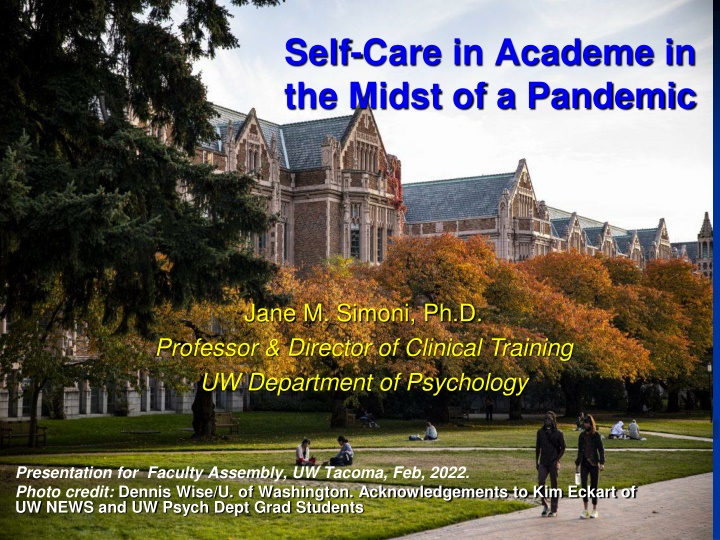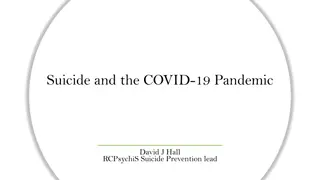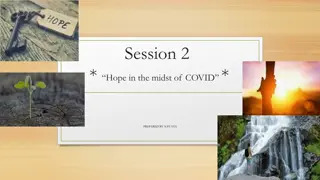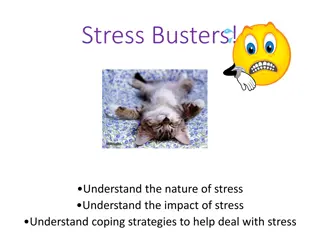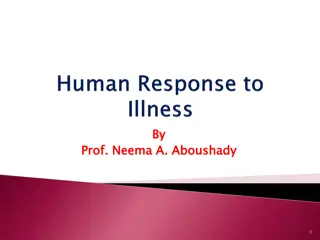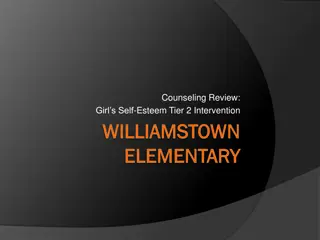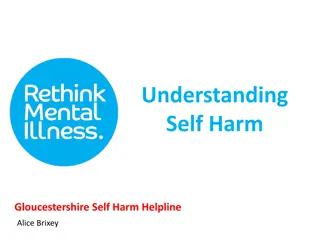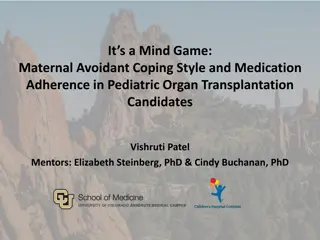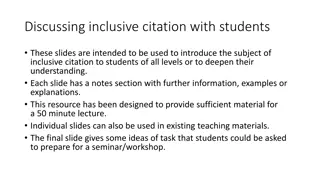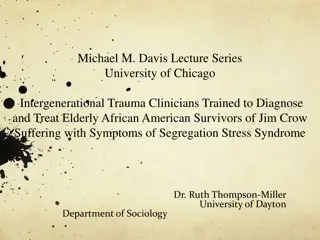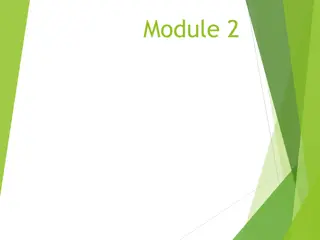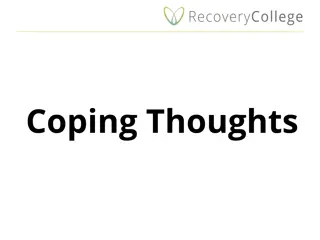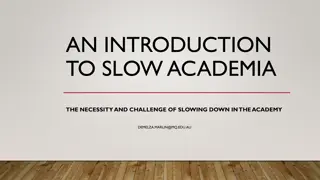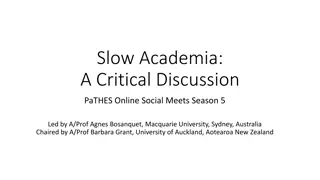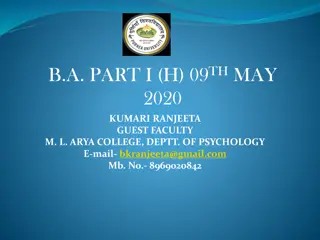Coping Strategies for Self-Care in Academia During a Pandemic
Amid the challenges of the COVID-19 pandemic, it's crucial for academic professionals to prioritize self-care. Recognizing signs of distress, validating emotions, and cultivating appreciation through positive coping strategies are essential steps. Acknowledging the impact of syndemics and offering resources for seeking help are also highlighted in this informative presentation by Dr. Jane M. Simoni.
Download Presentation

Please find below an Image/Link to download the presentation.
The content on the website is provided AS IS for your information and personal use only. It may not be sold, licensed, or shared on other websites without obtaining consent from the author.If you encounter any issues during the download, it is possible that the publisher has removed the file from their server.
You are allowed to download the files provided on this website for personal or commercial use, subject to the condition that they are used lawfully. All files are the property of their respective owners.
The content on the website is provided AS IS for your information and personal use only. It may not be sold, licensed, or shared on other websites without obtaining consent from the author.
E N D
Presentation Transcript
Self-Care in Academe in the Midst of a Pandemic Jane M. Simoni, Ph.D. Professor & Director of Clinical Training UW Department of Psychology Presentation for Faculty Assembly, UW Tacoma, Feb, 2022. Photo credit: Dennis Wise/U. of Washington. Acknowledgements to Kim Eckart of UW NEWS and UW Psych Dept Grad Students
The Context Syndemics: Covid epidemic, BLM, Anti-Asian assaults, climate change, political divisions, economic uncertainties Increasing rates of substance use and mental health distress
Signs of Distress Trouble concentrating or prioritizing Lacking motivation, procrastinating Doubting the meaning and impact of our work Loss of pleasure in doing what we once enjoyed Absenteeism, AWOL Stress, distress, burn out, anxiety, sadness Feeling simply numb
Caveat If you or someone you know are truly struggling unable to function at home or work, drastic changes in sleep or weight or substance use, or thoughts of hurting yourself you should reach out to others and perhaps seek professional help. Stigma around substance use and mental health problems can be a barrier to addressing these issues and getting help. If you can face these challenges head-on and get help early, you ll be better off in the long run. The Crisis Connections phone line (866-427-4747) and Crisis Text Line (text HEAL to 741741) are available to the UW community.
Step #1: Recognize and Validate Your Emotions Acknowledge how you re feeling now: Overwhelmed, sad, disappointed, grieving, hopeless, anxious, fearful? Frustrated and disappointed over the seemingly endless cycles of the pandemic? Tired of constant crisis management? NY Times: languishing ? REMEMBER: All emotions are understandable, and you re not alone in your pain. New York Times Article on Languishing: https://www.nytimes.com/2021/04/19/well/mind/covid-mental-health-languishing.html
Positive Coping Strategy: Cultivate Appreciation Identify three good things about each day and what you appreciate about them. These should be very specific events or experiences. Write them down. Explain why they went well, how they made you feel, what caused them to go well. Come up with three new things each day, and focus your attention on them, rather than ruminating on the things that bother you. https://ggia.berkeley.edu/practice/three-good-things
Fundamentals of Good Mental Health (1) Practice good sleep hygiene : Get the right amount of sleep (7-10 hours) and go to bed and rise at the same times each day Stay hydrated and eat enough healthful foods each day. Your nutrition can affect your mood. Go outside. Connect with nature and remind yourself that there s more to life than a computer screen. Stay active. Movement boosts energy and mood.
Fundamentals of Good Mental Health (2) Be mindful of changes in your substance use. Alcohol and other substance use rose during the pandemic, as people started consuming earlier in the day, and more often. Relying on substances can interfere with successfully coping with stress. Monitor what you re doing and cut back as needed, seeking help if necessary. Connect with other people. In-person is best.
Thank you The Crisis Connections phone line (866-427-4747) and Crisis Text Line (text HEAL to 741741) are available to the UW community. Jane Simoni, jsimoni@uw.edu
